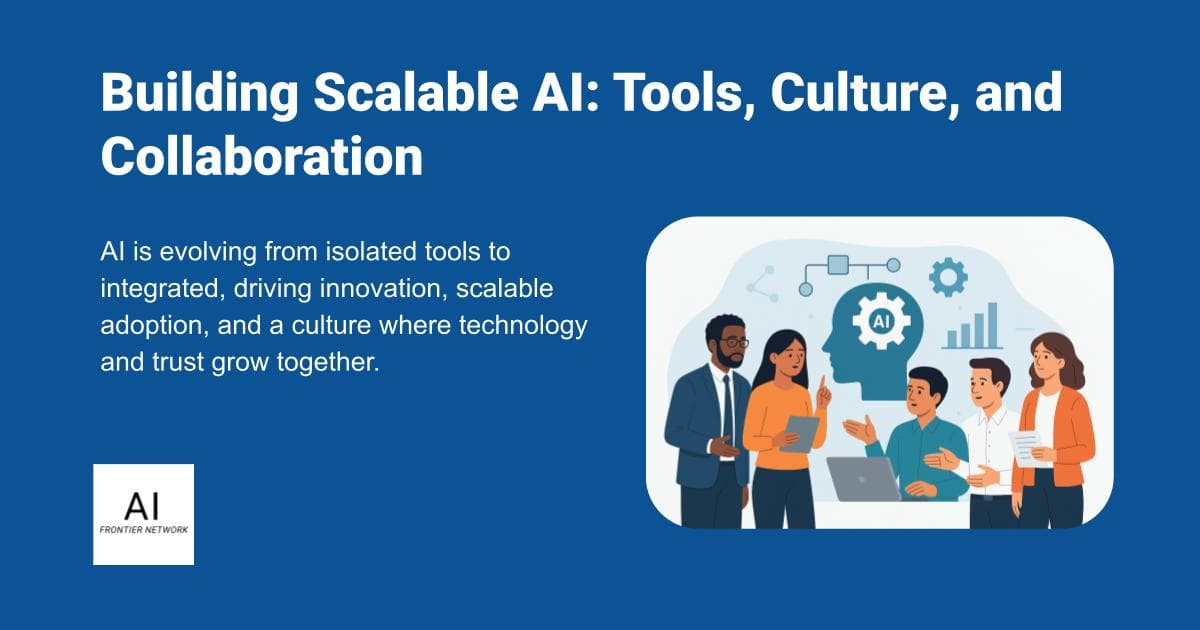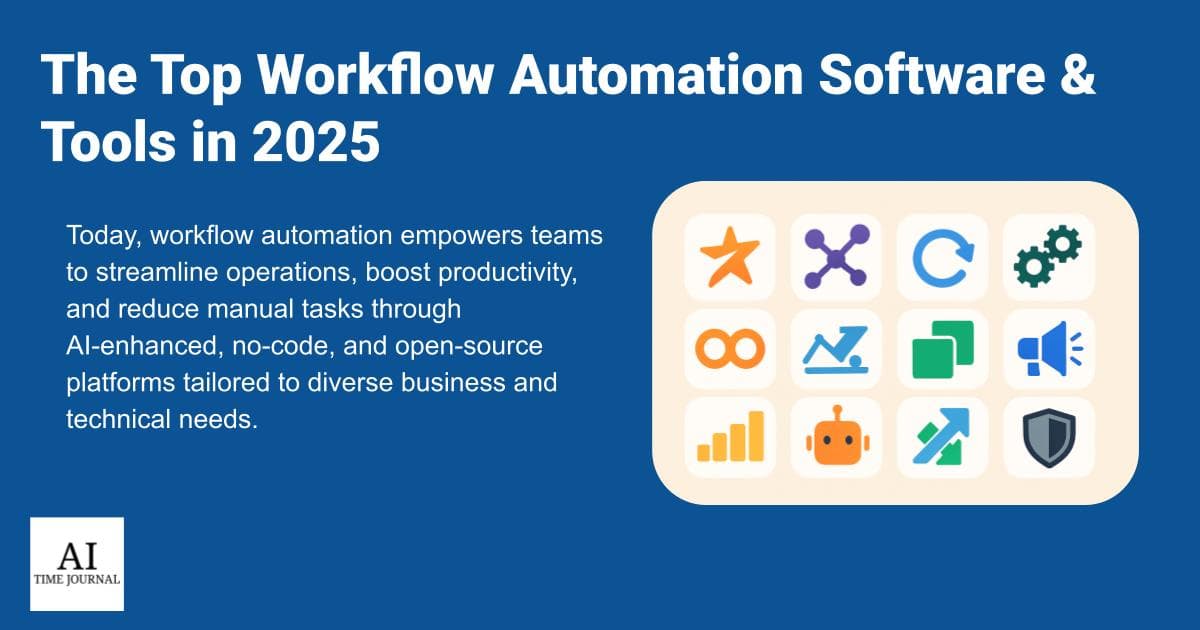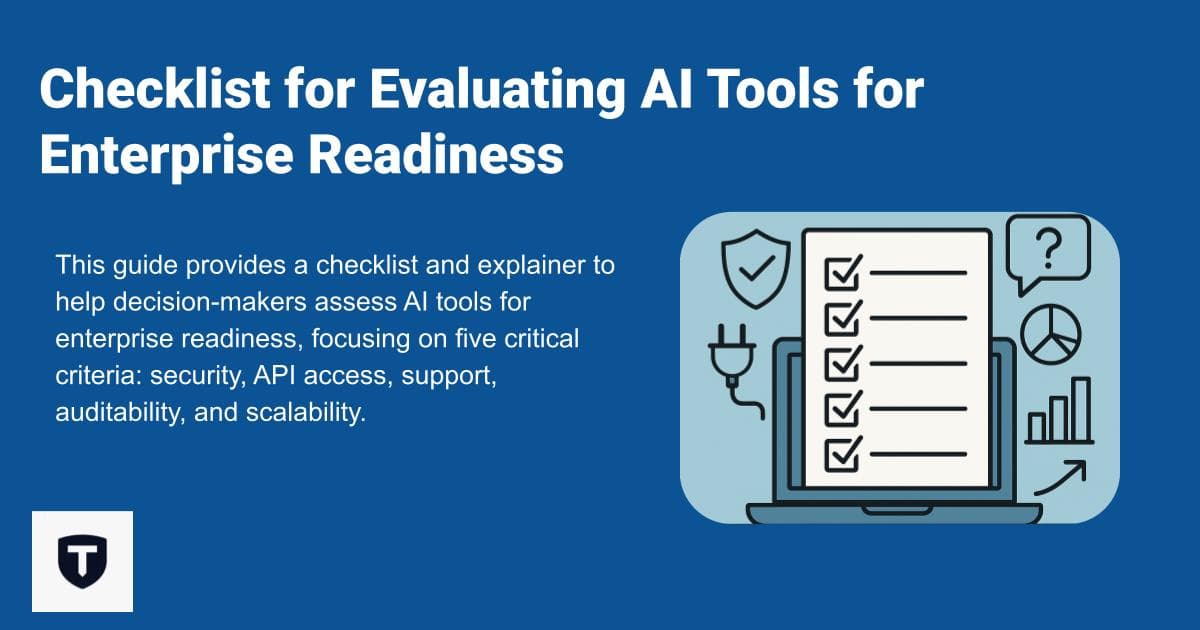As AI tools become integral to business operations, many organizations are eager to harness their potential. However, early adopters often encounter unforeseen challenges that lead to buyer's remorse. By examining feedback from over 50 AI tool users across platforms like G2, Reddit, and LinkedIn, we've identified recurring themes of regret. This article distills these insights to help you make informed decisions and sidestep common pitfalls.
1. Unrealistic ROI Expectations
A significant number of buyers anticipate immediate returns from AI investments. According to G2's 2024 Buyer Behavior Report, 57% of global B2B buyers expect ROI within three months of purchase, with 11% expecting it immediately. Such high expectations can lead to disappointment when AI tools don't deliver instant results.
2. Integration Challenges
Many users report difficulties integrating AI tools with existing systems. On Reddit, a user shared their frustration:
"The AI tool promised seamless integration, but we spent weeks troubleshooting compatibility issues with our CRM."
Such challenges not only delay implementation but also increase costs.Source
3. Steep Learning Curves
While AI tools aim to simplify tasks, some come with complex interfaces that require extensive training. A G2 review highlighted this concern: Source
"The tool's capabilities are impressive, but the learning curve is steep. It took our team weeks to become proficient."
Organizations should factor in training time and resources when adopting new AI solutions.
4. Inadequate Customer Support
Effective support is crucial, especially when navigating new technologies. However, several users have expressed dissatisfaction with the support provided by AI tool vendors. A reviewer on G2 mentioned:
"When we encountered issues, the support team was unresponsive, leaving us to troubleshoot on our own."
Lack of timely assistance can hinder adoption and erode trust in the product.
5. Hidden Costs
Some AI tools come with unforeseen expenses, such as additional fees for premium features or usage-based pricing models. A Reddit user cautioned:
"We were attracted by the low entry price, but soon realized that essential features required costly add-ons."
It's essential to scrutinize pricing structures and anticipate potential extra costs.
6. Overpromised Capabilities
Marketing materials often tout AI tools as comprehensive solutions. However, users sometimes find that the tools don't live up to the hype. A LinkedIn post discussed this issue:
"The AI solution sounded revolutionary, but in practice, it only handled basic tasks and lacked the sophistication we needed."
Setting realistic expectations and conducting thorough evaluations can mitigate such disappointments.
Conclusion
While AI tools offer transformative potential, it's crucial to approach adoption with a clear understanding of potential challenges. By learning from the experiences of early adopters, organizations can make informed decisions, set realistic expectations, and maximize the benefits of AI integrations.





